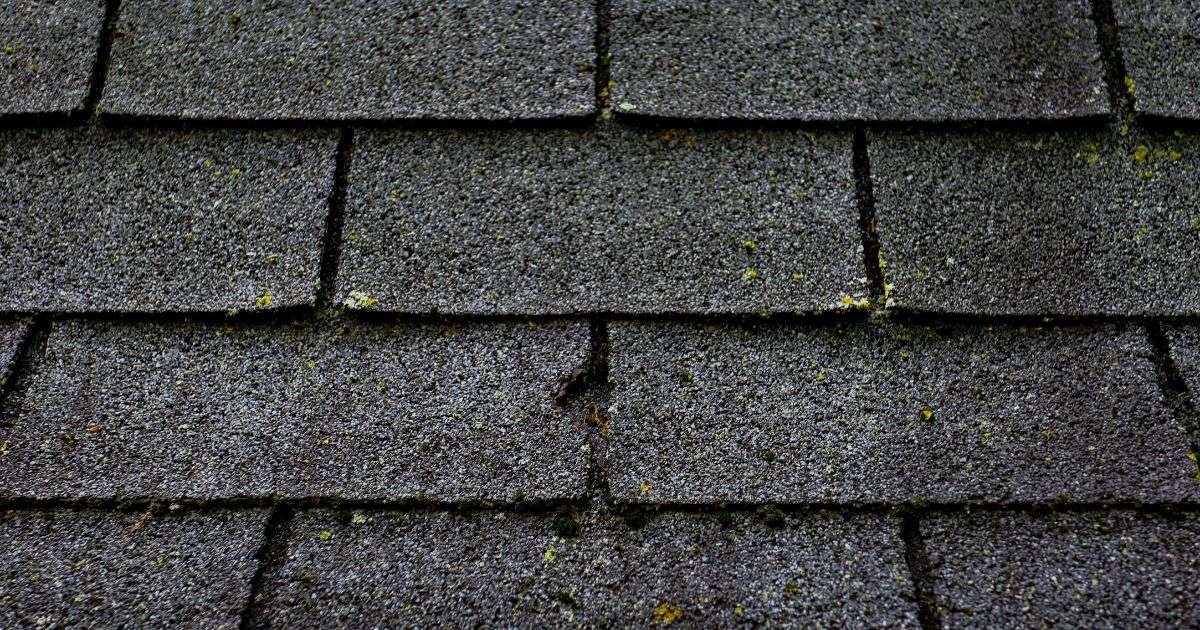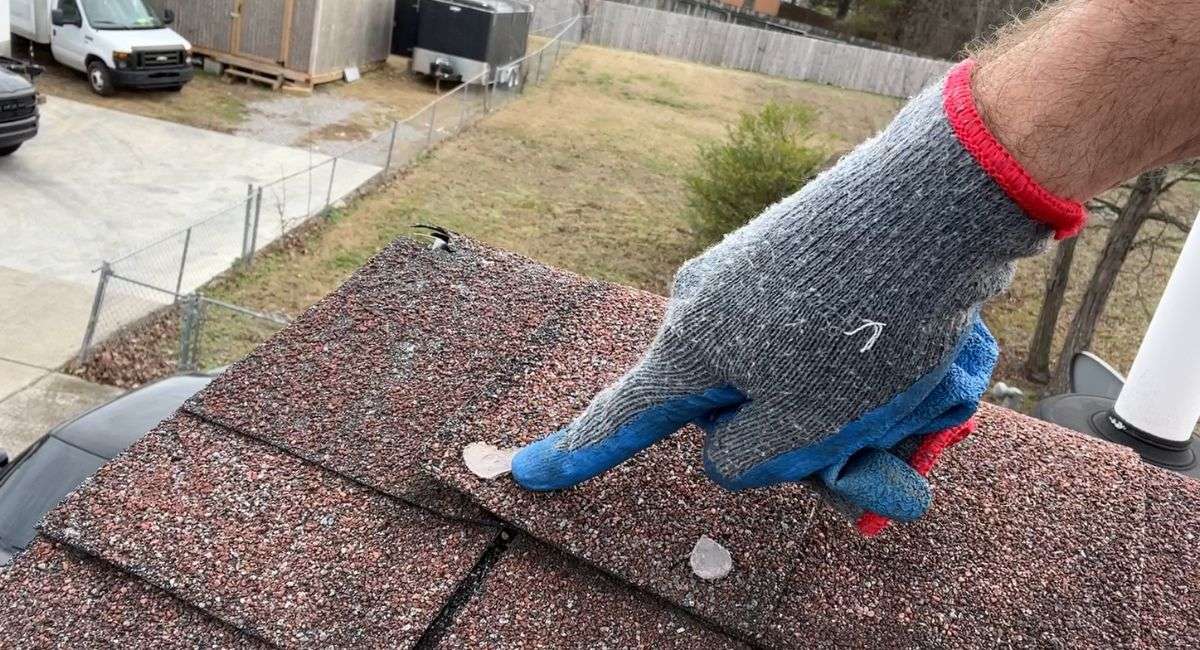The Brittle Test: Replacing Your Roof Through Insurance
Dealing with a roof insurance claim? You’ve likely heard about the Brittle Test. It’s a key step in determining if your roof qualifies for replacement through insurance. But what is it, and why does it matter?
Knowing how this test works can help you navigate insurance claims more effectively. In this post, we’ll explain the basics of the Brittle Test, why a proper inspection can save you time and money, when insurers require it, and what homeowners need to know. With this info, you’ll be better prepared to get your roof replacement covered by insurance.
What is the Brittle Test and Why Does It Matter?
Roof insurance claims can be stressful, but the Brittle Test can make all the difference. This test assesses whether your asphalt shingles can handle repairs without breaking, creasing, or losing too much granulation. If the brittle shingles are too damaged, a full roof replacement may be needed instead of a simple repair.
The Brittle Test helps insurers and contractors make better decisions, ensuring repairs don’t cause further damage later.
When is the Brittle Test Needed for Roof Claims?
The Brittle Test often comes up after you file an insurance claim for storm-related roof damage. If the adjuster thinks repairs might be enough, they may use this test to decide. Storms like wind, hail, or heavy rain can cause serious shingle damage, and many homeowners don’t realize their insurance may cover it. That’s why scheduling a roof inspection is a smart move.
A good roofing company will typically offer a FREE roof inspection and work with your insurance to identify storm or wind damage. Once damage is confirmed, you’ll file a claim with a copy of the inspection report.
If the damage seems severe, your insurer may request a Brittle Test to decide if your roofing shingles can handle repairs or replacement.
What Happens If Your Asphalt Roof Passes?
If your roof passes the Brittle Test, you likely won’t need a full replacement. Roof repairs might be covered by your insurance, but you’ll still need to pay your deductible. Sometimes, there may be back-and-forth with your insurance company about necessary repairs and costs.
In these cases, rely on your roofing professional—they can advocate for you and provide the expertise needed to support your claim. You can also choose to have the same roofer handle the repairs.
What Happens If Your Roof Fails?

If your roof fails the Brittle Test, the shingles are typically too old or damaged to repair, and a full replacement may be recommended. Your roofing pro will share this with your insurance company.
However, insurance doesn’t always make it easy—failing the Brittle Test doesn’t guarantee they’ll cover the replacement cost. The inspection must clearly document storm or weather-related damage and meet their coverage standards. To simplify the process, work with a trusted contractor familiar with insurance claims who can handle the necessary documentation.
Common Reasons Claims Might Be Denied Even If Your Roof Fails
Filing an insurance claim can be frustrating, especially if it’s denied. Here are common reasons claims get rejected:
- Insufficient documentation: Insurance companies need strong evidence for approval. If your inspection or Brittle Test lacks details, the claim may be denied. Work with a residential roofing pro who knows how to build a solid case.
- Policy limitations: Roof material damage might not be covered by your policy. Review your policy carefully to understand what’s included.
- Missed deadlines: Filing late can lead to denial. Always double-check claim submission deadlines.
Understanding these pitfalls can help you avoid issues when filing a claim.
Tips to Boost Your Chances of Insurance Coverage for Roof Replacement

Need insurance to cover your roof replacement? Try these steps:
- Review your insurance policy to know exactly what’s covered.
- Document all damage thoroughly with photos, notes, and details about your roof’s age and condition before the damage.
- Work with a reliable roofing contractor experienced in insurance claims. They’ll guide you and ensure all necessary repairs are included in your claim.
These steps can improve your chances of getting insurance to cover the cost.
What to Do Next
Think your roof might have storm damage? Start with a professional inspection. A high quality roofing contractor should offer this service for free and can perform a Brittle Test if needed. Partnering with someone experienced in insurance claims ensures the process is handled correctly, giving you peace of mind.
If you’re in Tennessee or Georgia, contact Roof MD. We’re experts in navigating insurance claims, getting roofs covered, and advocating for homeowners. Schedule your free roof inspection today.
